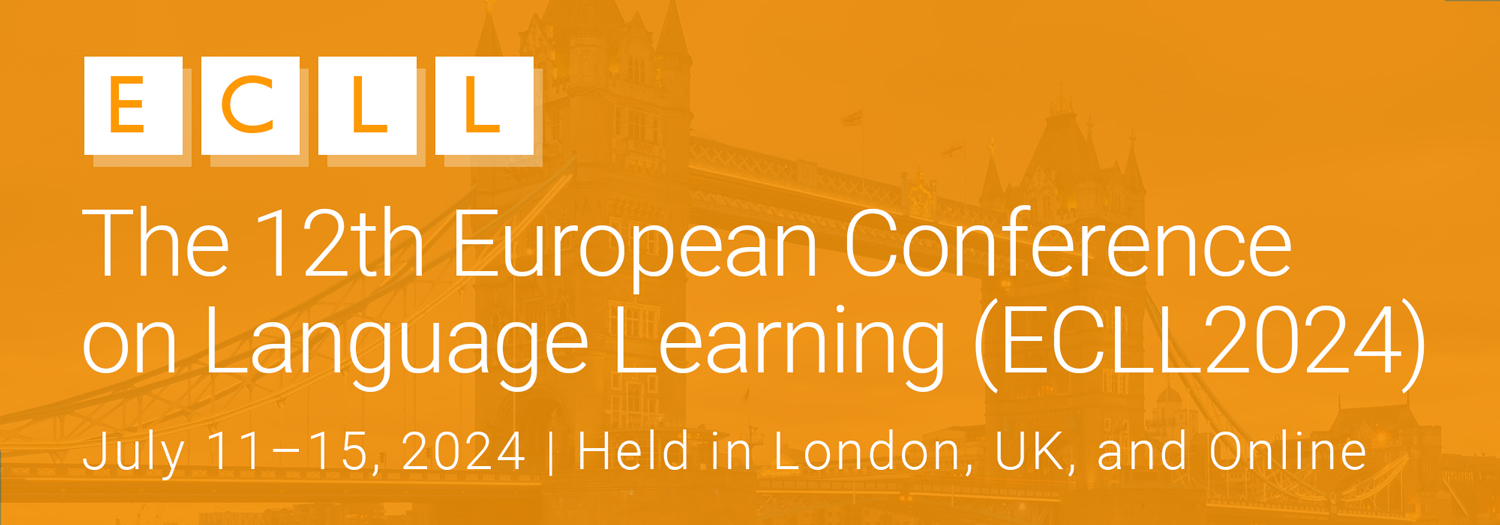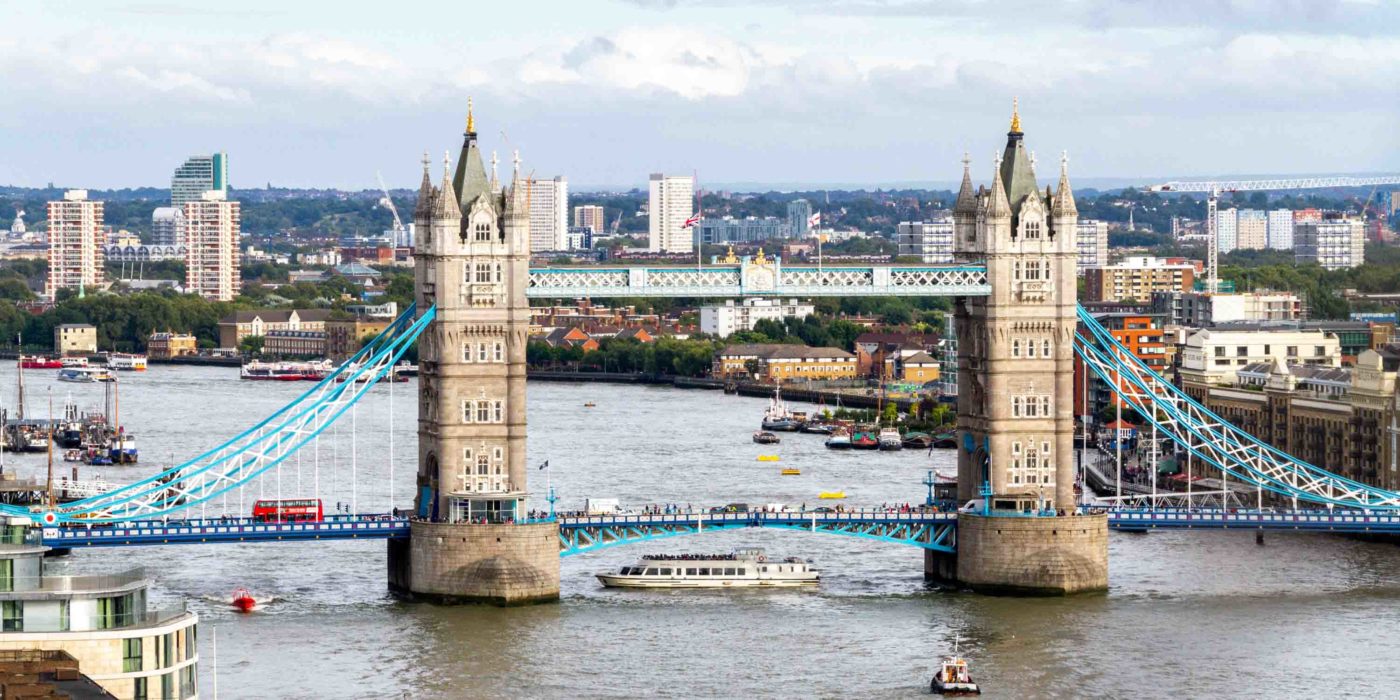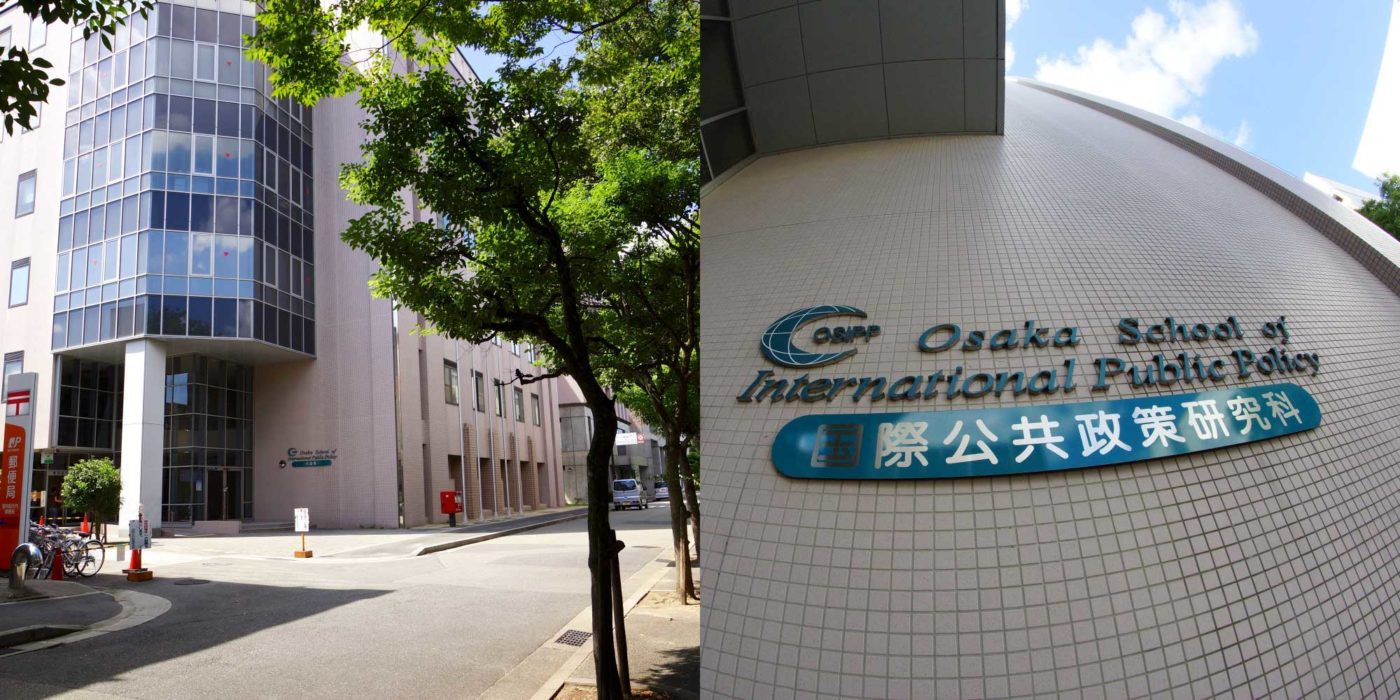Providing Access to Higher Education for Refugees: Challenges and Benchmarks
Thursday, 11 July 2024 11:05
Session: Plenary Session
Room: SOAS, Brunei Theatre
Presentation Type: Keynote Presentation
The global humanitarian crisis of refugee and forced migration flows is among the most pressing challenges to domestic and international governance. Securing access to higher education is among the most intractable challenges faced by refugees. Yet, securing higher education rights for refugees is critical not only for refugees’ self-empowerment, but also for the peaceful development of communities. Despite this, barriers remain prevalent. This research focuses on four of the most positive national governance provisions in Canada, Norway, and Australia, and the existing policy for access to higher education for North Korean refugees in South Korea. It is notable that these four countries are identified as middle powers, and middle powers often provide the impetus for global governance reform as an aspect of their niche diplomacy. Indeed, global governance reform represents a ‘noble opportunity’ for a middle power not only to aid the most vulnerable individuals and groups, but also raise its own prestige and influence on the international stage by complying with the norms of the liberal international order. Hence, the position of these case studies represent one of the most promising avenues for overcoming governance challenges related to both the humanitarian crisis and the transition to peaceful cosmopolitan societies.
Speaker Biography
Brendan Howe
Ewha Womans University, South Korea
Brendan Howe is Dean and Professor of the Graduate School of International Studies, Ewha Womans University, South Korea, where he has also served two terms as Associate Dean and Department Chair. He is also currently the President of the Asian Political and International Studies Association, and an Honorary Ambassador of Public Diplomacy and advisor for the Korean Ministry of Foreign Affairs. He has held visiting professorships and research fellowships at the East-West Center (where he is currently enjoying a second term as a POSCO Visiting Research Fellow), the Freie Universität Berlin, De La Salle University, the University of Sydney, Korea National Defence University, Georgetown University, Universiti Malaysia Sarawak, and Beijing Foreign Studies University.
Educated at the University of Oxford, the University of Kent at Canterbury, Trinity College Dublin, and Georgetown University, his ongoing research agendas focus on traditional and non-traditional security in East Asia, human security, middle powers, public diplomacy, post-crisis development, comprehensive peacebuilding and conflict transformation. He has authored, co-authored, or edited around 100 related publications including Society and Democracy in South Korea and Indonesia (Palgrave, 2022), The Niche Diplomacy of Asian Middle Powers (Lexington Books, 2021), UN Governance: Peace and Human Security in Cambodia and Timor-Leste (Springer, 2020), Regional Cooperation for Peace and Development (Routledge, 2018), National Security, State Centricity, and Governance in East Asia (Springer, 2017), Peacekeeping and the Asia-Pacific (Brill, 2016), Democratic Governance in East Asia (Springer, 2015), Post-Conflict Development in East Asia (Ashgate, 2014), and The Protection and Promotion of Human Security in East Asia (Palgrave, 2013).
About the Presenter(s)
Brendan Howe is Dean and Professor of the Graduate School of International Studies, Ewha Womans University, South Korea, where he has also served two terms as Associate Dean and Department Chair.
See this presentation on the full schedule – Thursday Schedule









Comments
Powered by WP LinkPress